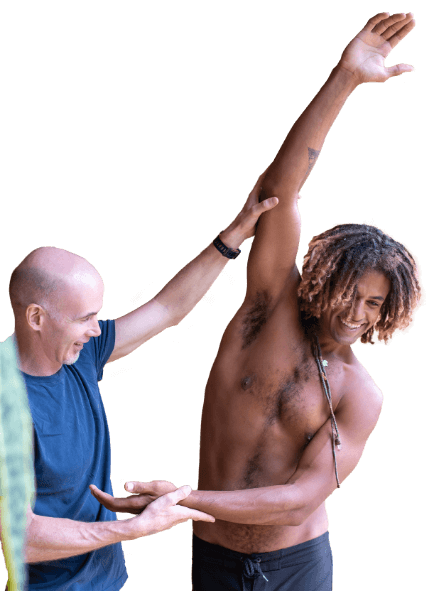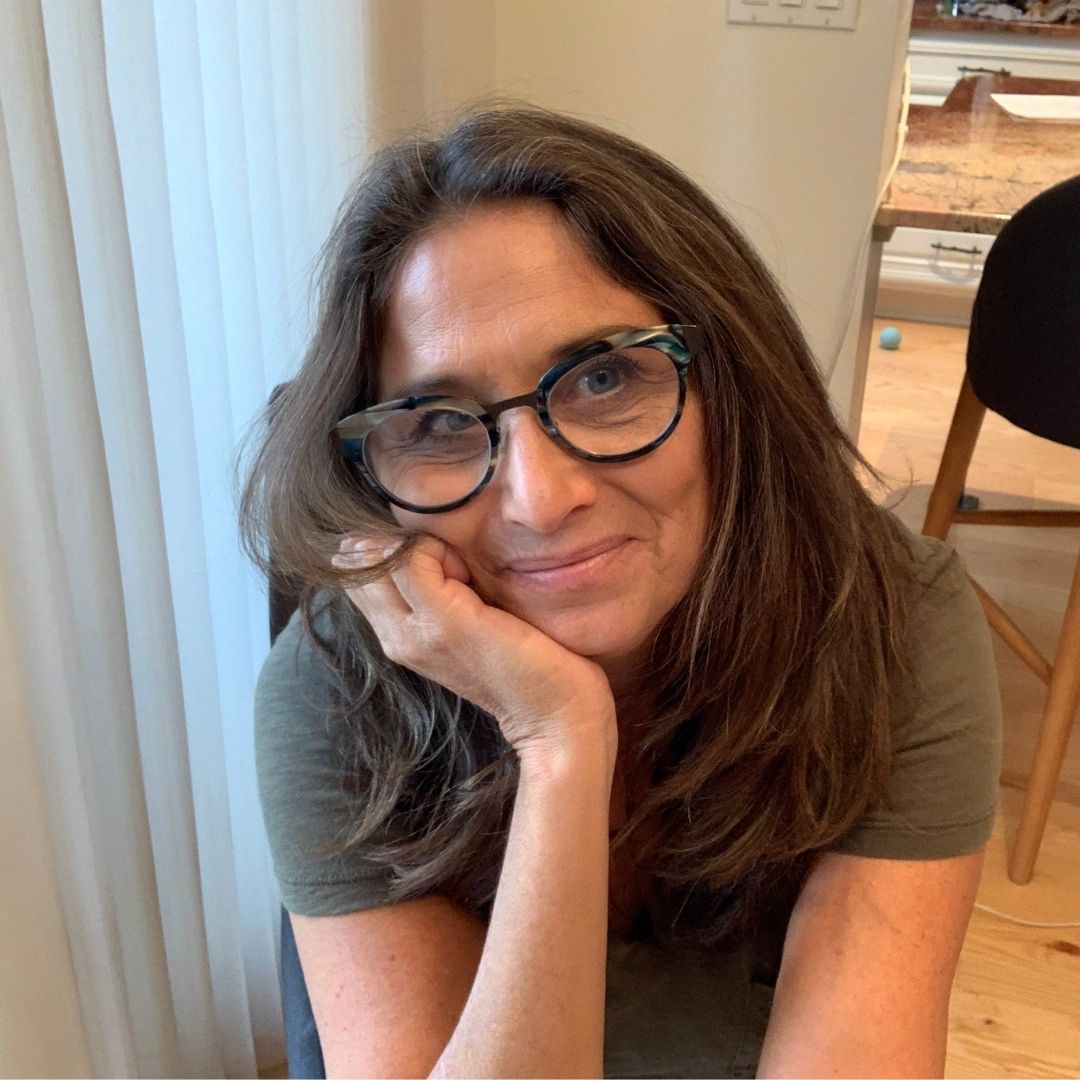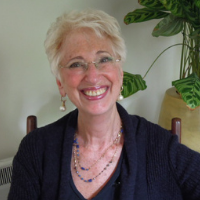Aging is no longer seen as an inevitable decline but as a process influenced by both genetic and environmental factors. While there is still much to uncover, scientific advancements have given us valuable insights into how aging works. Ignoring these discoveries means missing opportunities to enhance both healthspan (the years we live in good health) and lifespan.
In a recent podcast, I had the pleasure of discussing this topic with Dr. Matt Kaeberlein, a leading expert in the field of aging biology. Dr. Kaeberlein is a professor at the University of Washington School of Medicine and has devoted his career to studying the biological mechanisms of aging. His work focuses on improving the quality of life for both humans and animals, particularly through the Dog Aging Project.
One of the most exciting initiatives in aging research is the Dog Aging Project, where Dr. Kaeberlein plays a key role. This large-scale study examines how genetics and environmental factors influence aging in companion dogs. Because dogs share many aspects of human environments, they provide a unique opportunity to study aging in a way that directly translates to human health.
Studies suggest that around 70% of human longevity is determined by environmental factors such as lifestyle choices, diet, and activity levels. By understanding how these factors impact aging in dogs, researchers can apply similar principles to human longevity.
One of the most promising anti-aging compounds being studied is rapamycin, a drug originally used to prevent organ transplant rejection. Initial studies in laboratory animals have shown that rapamycin can slow aging and extend lifespan. Now, the Dog Aging Project is conducting a clinical trial to see if these benefits extend to dogs.
During our podcast, Dr. Kaeberlein shared his personal experience with rapamycin. He used it to treat a painful shoulder condition and reported significant improvements within weeks. His case highlights rapamycin’s potential in addressing age-related inflammation, a key contributor to many chronic diseases.
As we age, chronic inflammation becomes a major factor in health decline. This low-grade, persistent inflammation is linked to conditions such as arthritis, heart disease, and cognitive decline. Research suggests that interventions like rapamycin, lifestyle modifications, and dietary adjustments can help reduce this inflammation, potentially improving overall health.
While supplements like rapamycin hold promise, the foundation of healthy aging remains rooted in lifestyle choices. Key interventions include:
By adopting these habits, individuals can positively influence their aging trajectory, regardless of genetic predisposition.
Despite its immense potential, aging research faces significant funding challenges. Most healthcare funding is allocated to treating individual diseases rather than addressing aging itself. Shifting focus toward the biology of aging could lead to breakthroughs in preventing multiple age-related diseases at once.
The future of aging research looks promising, with advancements in AI, epigenetics, and clinical trials opening new possibilities. As we continue to explore ways to modify aging, we may soon reach a point where extending both lifespan and healthspan becomes a reality.
We stand at the forefront of a revolution in aging science. By understanding and applying the latest research, we can shift from merely treating age-related diseases to preventing them altogether. Whether through groundbreaking treatments like rapamycin or simple lifestyle adjustments, the potential to live longer, healthier lives is within reach.
For a deeper dive into this topic, listen to my full conversation with Dr. Matt Kaeberlein on the podcast. And if you try any of these strategies, let me know how they work for you!

Over the last 10 years Ed has been building a YouTube library to help people manage their own pain or movement limitations and increase performance through exercise. He regularly adds videos so be sure to subscribe and visit regularly


"Oh My Gosh- I am ALREADY feeling relief after a few days! I used to wake up 2-3 times a night with shooting pain that anti inflammatories couldn't touch. Now I have been waking up just because I want to notice what it feels like to lay in bed pain free- THANK YOU!."

"When I first started with your program I was experience a lot of pain. Walking was difficult. I had to stop and catch my breath every few minutes and lean against a wall for support. Now when I walk with my husband we go for over an hour. I never had to sit down and stop...and, hardly any pain!!! 😊😊 I can’t thank you enough."
Frustrated that you aren't recovering fast enough?
Discover how to heal from illness and injury using movement, food and lifestyle.